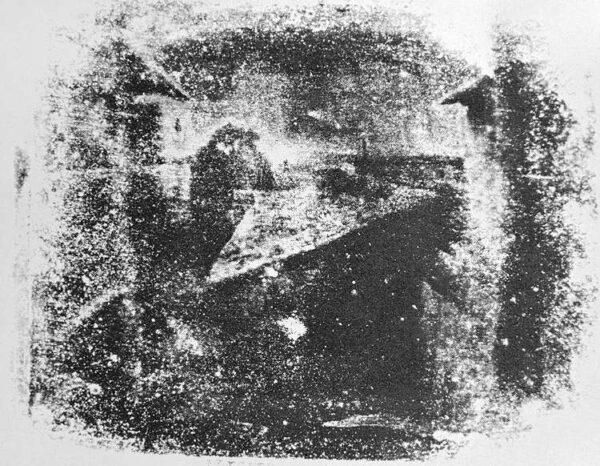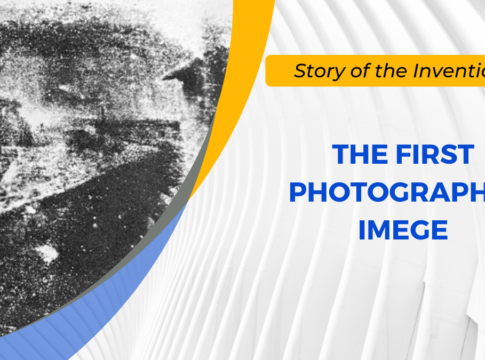In 1827, a French scientist named Joseph Nicephore Niepce created the first photographic image. He used a device called a camera obscura to capture this image.
Let’s explore how Niepce made history with his invention.
What is a Camera Obscura?
A camera obscura is a simple device that projects an image of its surroundings onto a surface. It uses a box or a dark room with a small hole on one side. Light passes through the hole and creates an upside-down image on the opposite wall.
How Did Niepce Create the First Photograph?
Niepce placed an engraving onto a metal plate coated with a substance called bitumen. Bitumen is sensitive to light. He then exposed the plate to sunlight for eight hours. The light reacted with the chemicals on the plate.
How Did the Image Appear?
The lighter parts of the engraving allowed more light to reach the plate, while the darker parts blocked the light. After exposure, Niepce put the metal plate in a solvent. Gradually, an image started to appear. This process created the first “heliographs,” also known as “sun prints.”

The Challenge of Early Photography
Although Niepce’s method produced an image, it had a problem. The photograph would fade away over time. The process needed many hours of light exposure, and the image could not be made permanent. The solution to making images permanent came later.
Why Is Niepce’s Work Important?
Joseph Nicephore Niepce’s experiment was a major breakthrough. He created the world’s first photographic image, laying the foundation for modern photography. Even though his photographs did not last long, they were the start of a new way to capture memories and moments.
The Future of Photography
Niepce’s invention paved the way for future scientists and inventors. Soon, new methods were developed to make photographs clearer and more permanent. Photography has since evolved into an art form and a powerful tool for communication.
To end with
The first photograph by Niepce marked the beginning of an incredible journey. Today, photography is an important part of our lives, thanks to his early experiment with light and chemicals.





